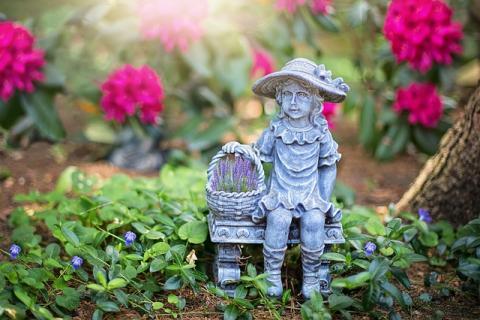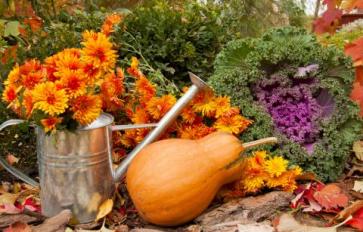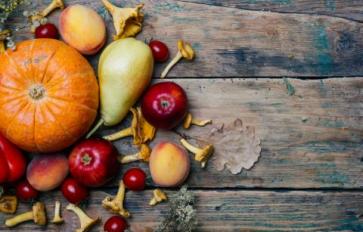
Most people think plants love summer – but that’s not exactly true. Summer can mean more bugs, too much sun, too little water, and too high heat, and some plants handle these hurdles a little better than others. Even for plants that don’t thrive in the throes of summer, there are things you, the gardener, can do to help them get through the heat. Here’s a list of 11 essential tips for every summer gardener.
Tip 1: Place birdbaths throughout your garden.
Placing birdbaths throughout your garden will attract more birds, which can help to control summer pests or insects that may try to damage your harvest. Birdbaths are also great ways to provide water for pollinators, such as bees and hummingbirds.
Tip: 2: Fertilize your container plants.
Container plants are said to lose a lot of nutrients during the summer period, so be sure to fertilize them more often than you normally would. When choosing a fertilizer for your garden, it’s good to go natural.
Tip 3: Water your garden in the morning.
Watering your garden is important during the summer, and the best time to water is early in the morning when the weather is cooler. If you water later, the temperature could be higher and cause your plants to scorch. Watering in the evening could cause mildew, so I recommend accomplishing this task in the morning. If for some reason you are unable to water in the morning, watering in the evening occasionally should not be a problem.
Tip 4: Choose to grow plants that are heat resistant.
When deciding what to grow in your garden this summer, it is best to choose plants that can withstand the heat. Not only will these types of plants require less water and energy, but they will not need as much maintenance either. A few examples of some heat resistant vegetables that you can grow are arugula, asparagus, cucumbers, eggplants, tomatoes, sweet potatoes, garlic, and onions.
Tip 5: Prune your plants at the right time.
Although most plants prefer to be pruned in the spring and the fall, pruning the deadheads on your plants in the summer can give them a second bloom. Be sure not to remove dead leaves, limbs, and branches during extremely hot days because this could cause stress to the plants.
Tip 6: Map out shading for plants.
Decide which plants will need shading in your summer garden. Once you have figured out that part, you can start choosing the location and placement of your plants. Shrubs, trees, and taller plants can provide great shade for more heat-sensitive vegetation.
Tip 7: Try to complete most of your garden work out of the sun.
Avoid getting a beat down from the sun by completing most of your gardening tasks when the weather is cooler. Applying a natural sunscreen and a gardening hat can help shield you from the sun’s harmful rays.
Tip 8: Routinely harvest your fruits and veggies.
Check your garden daily and make sure to harvest any fruits and veggies that may be growing. Harvesting regularly will help you have a more bountiful harvest and also help keep any of it from being wasted. For example, tomatoes and cucumbers can weigh down and damage the plant vine if not harvested in time.
Tip 9: Weed at least once a week.
Weeds can seed and grow rapidly in the summertime. If they grow and spread too much, they can take away the nutrients from the plants in your garden. Weeding once a week or more can help eliminate the threat of weeds taking over.
Tip 10: Mulch your garden.
Mulching your garden beds and even in your plant containers can help to moderate the temperature of the soil, and keep it from getting too hot. The mulch helps to keep in moisture and prevent water from evaporating, which can lessen the need for more water. Make sure your mulch is eco-friendly!
Tip 11: Use the summer heat to help create more compost.
Use the summer heat to your advantage by building up your compost. The green waste, leaves, and organic material tend to break down faster in warmer weather. Just be sure to avoid letting your compost overheat by frequently watering as you layer the organic materials. This will keep it evenly moist and enhance the decomposition process.
Stay tuned for more organic home gardening tips and ideas!








